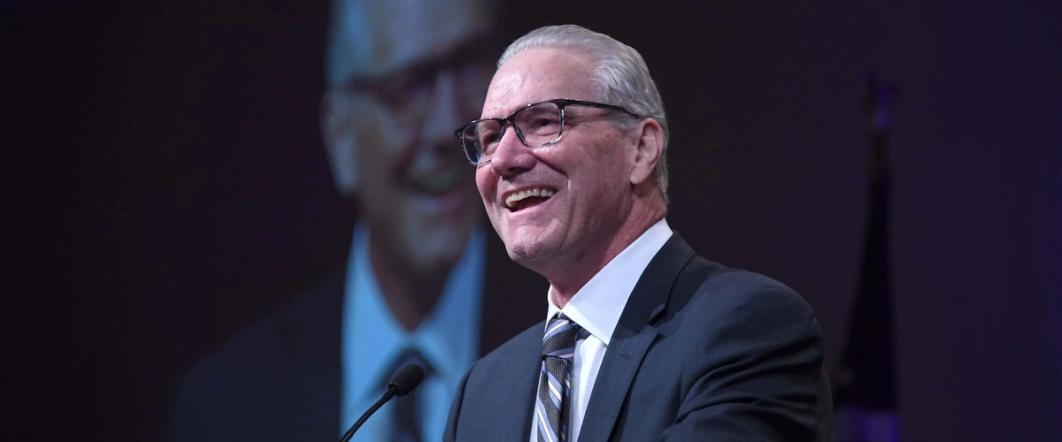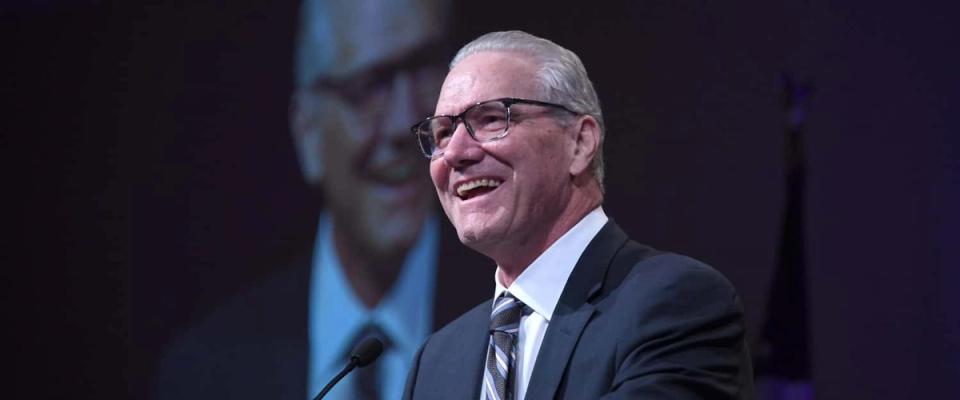LEADERS OF USA’S FIFA WORLD CUP 2026™ VENUE SELECTION DISCUSS THE PROCESS WITH MEDIA
As FIFA and U.S. Soccer take the next steps in the venue selection process for FIFA World Cup 2026™, the leaders of the process spoke to media today ahead of Tuesday’s virtual Candidate Host City Workshop. There, FIFA and U.S. Soccer will meet with representatives from all 17 cities competing to be a part of FIFA World Cup 2026™ before individual meetings with the cities over the coming weeks.






